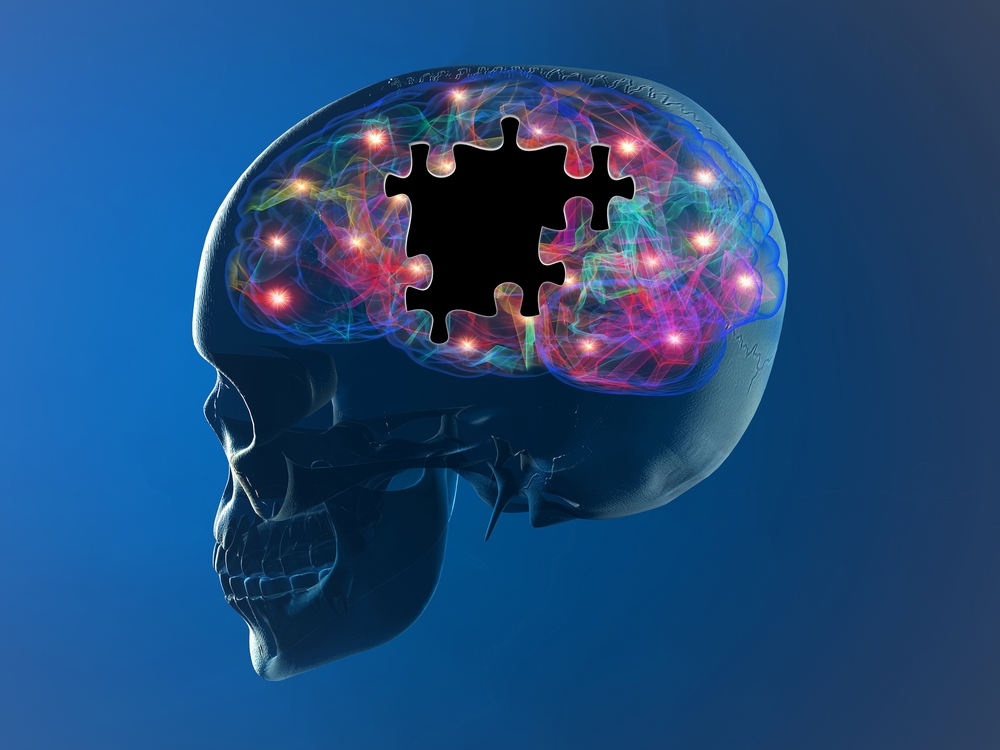Low Pyk2 Protein Levels May Contribute to Memory Deficits in Huntington’s Disease, Study Shows
Written by |

Low levels of a protein called Pyk2 may be associated with the development of Huntington’s disease, according to a new study. Researchers found that normalizing its levels in the hippocampus, the brain region responsible for learning and memory, rescues memory deficits.
These findings were published in a study titled, “Pyk2 modulates hippocampal excitatory synapses and contributes to cognitive deficits in a Huntington’s disease model,” in the journal Nature Communications.
“So far, we knew that Pyk2 protein was activated by calcium with a distinguished expression in the hippocampus where it has an important role as regulator of [neuronal activity] and therefore in the controlling process of memory creation and consolidation,” Sílvia Ginés, the study’s author, said in a news release. “However, most of the projects, which described the function of Pyk2, were conducted in culture cells, that is, in vitro systems, and there was not much information about its in vivo function.”
This led researchers to study the role of Pyk2 in the brain of living mice alongside cultured neurons. They found that Pyk2 levels were decreased in the hippocampus of mice with Huntington’s disease, as well as in samples from human patients.
They also observed that low levels of Pyk2 led to changes in neuronal arrangement and abnormal regulation of several proteins whose work is crucial for the normal activity within the hippocampus. Low Pyk2 levels also changed neuronal shape and structure, which blocks memory and learning processes.
Rescuing Pyk2 levels led to normal hippocampus activity in mice with Huntington’s, suggesting that this protein may become a valuable target for future therapies.
“Our study reveals that the absence of Pyk2 impairs [neuronal] functions and hippocampal-dependent learning and memory,” researchers wrote. “Although we focused our investigations on hippocampus where Pyk2 expression is the highest, it is likely that it is also important in other neurons, especially in neocortical areas where it is highly expressed and which are known to undergo intense [neuronal activity]. We also reveal the contribution of Pyk2 in hippocampal dysfunction in a [Huntington’s disease] model and its potential reversibility.”
“Pyk2 regulating these cognitive processes through different mechanisms … makes Pyk2 to be a therapeutic target for the treatment of Huntington’s and other neurodegenerative diseases,” Gines said.


